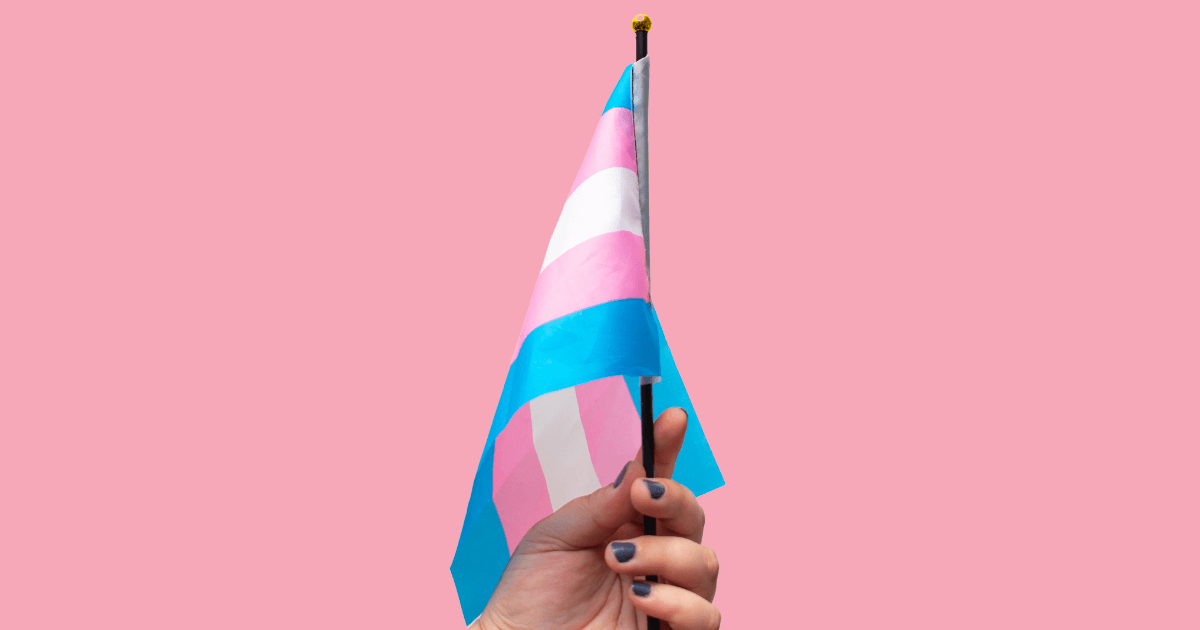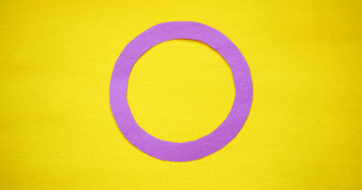13 Aug 2024 - Equality Australia has welcomed a Supreme Court judgment that confirms consent for puberty blockers should not be treated any differently from vaccinations, surgery for broken bones or chemotherapy for cancer.
The judgment also gives certainty to medical practitioners and families around Australia when it comes to some young people accessing gender affirming care.
Judge Melinda Richards published her judgment following hearings in the Supreme Court of Victoria concerning the medical care of a 12-year-old girl known as ‘CD’ and the consent of her mother, ‘AB’.
CD has been treated at the Royal Children’s Hospital Gender Service in Melbourne for the last four years, with her doctors recently recommending puberty blockers because of her high levels of distress at the onset of puberty.
Court proceedings are not normally required in Australia if young people lack the capacity to consent to such treatments, provided there is consent from their parents and treating doctors.
But the hospital sought clarification from the court about whether consent from the girl’s mother was sufficient, given her father had not been involved in her life since she was a baby.
The judge found there was no need for the court to assume parental responsibility because AB was already “exercising it with love and care and in CD’s best interests”.
“I consider that in this case, in this family, AB’s consent to stage 1 treatment for CD is enough,” the judgment said.
A Family Court judgment in 2020 (Re Imogen) had created “additional uncertainty” for families where one parent has been absent for many years, the judge said, adding it had resulted in three court rulings which did “not correctly state the law in relation to consent” for puberty blockers.
“I do not agree that it is necessary to seek court approval for that treatment only because the affirmative consent of an absent parent has not been obtained,” she said.
In addition, the judge reaffirmed that consent for puberty blockers when a young person is unable to consent themselves “should be no different to any other medical treatment to which a parent may consent - such as childhood vaccinations, surgery to mend a broken bone, or chemotherapy to treat cancer”.
Equality Australia Legal Director Emily Gray welcomed the judgement.
“This ruling clears up four years of confusion and we congratulate the hospital for taking action to ensure a smoother process for other young people like CD,” she said.
“Hospitals treating young people with gender dysphoria now have the certainty of knowing they can proceed with the care their patients want and need if they have the support of one caring parent and the other is absent.
“It also reaffirms that costly and stressful court processes have no role to play in these cases unless there are disputes between parents and doctors or within families.”
Ms Gray noted the right for trans people to access gender-affirming care was supported by major medical bodies in Australia and internationally.
“Australia has some of the world’s leading clinicians and experts in transgender healthcare and they are best placed to help young people and their families make decisions about the most suitable care,” she said.
Earlier this year the Australia Medical Association released its 2023 position statement which called on the Federal Government to “urgently enhance access” to gender-affirming treatments. It also stated that medical practitioners who provide gender affirming care should be “protected and supported”.
Additional link: https://equalityaustralia.org.au/resources/re-cd/

